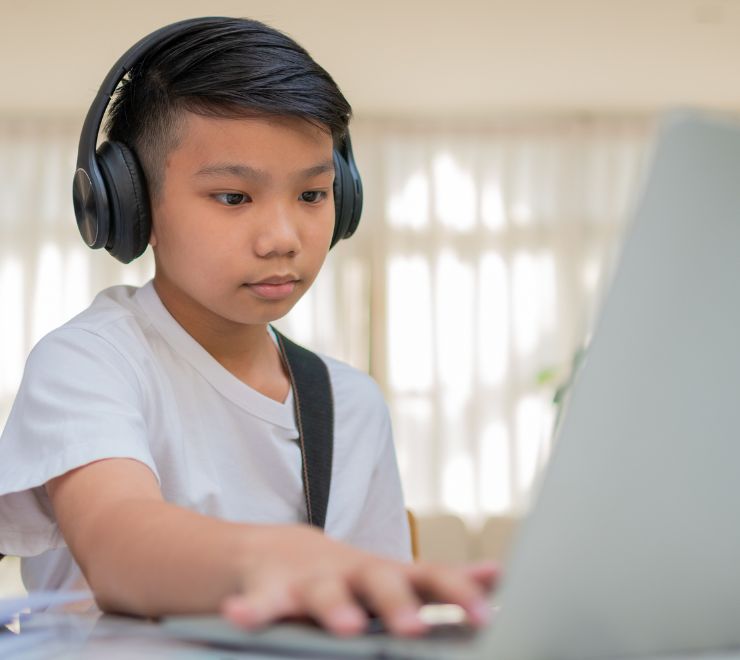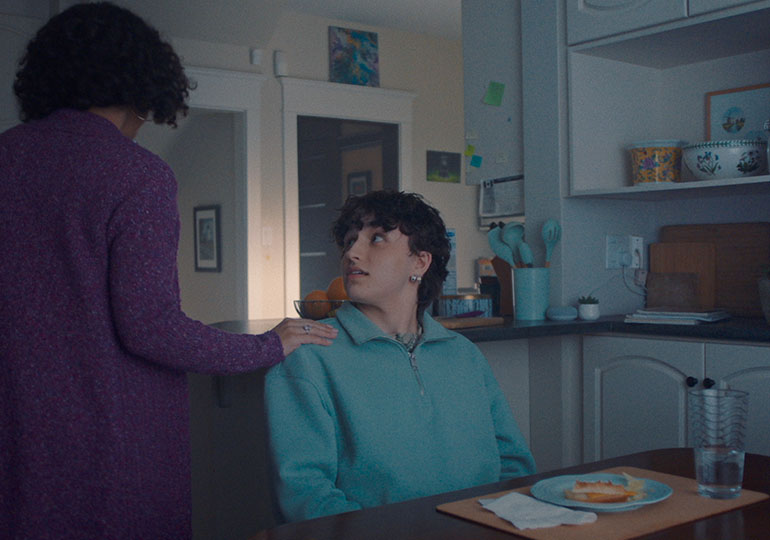Bullying and harassment don’t just take place on the playground. Things like rumours, gossip, threats and insults can happen online and are considered cyberbullying.
Cyberbullying can follow someone around through things like social media, texts, emails, blogs and other digital channels. Cyberbullying is a serious problem that many young people are dealing with. It’s likely that you or someone you know has experienced it.
Cyberbullying is a type of bullying and involves the use of technology to intimidate, hurt or humiliate someone. Cyberbullying can include:
- sending cruel or threatening emails or messages
- posting photos or comments that will embarrass someone
- creating a website to make fun of someone
- posting insults on someone’s social media
- making up fake accounts on social media to ridicule others
- spreading secrets or rumours about people online
- harassing other players in online video games
- recording someone secretly and sharing it on social media
Why is cyberbullying harmful?
All forms of bullying are harmful, but cyberbullying can be especially dangerous because:
- It’s easier: the person who is cyberbullying can’t see or be seen by their target, which means they can’t observe the hurt they’re causing. It’s easier to ignore the consequences of their behaviour or consider it a harmless joke.
- It’s more visible: cyberbullying has a much larger audience than face-to-face bullying. If someone posts something that your entire friend circle can see, it’s going to hurt more than if they’d said the same thing to your face.
- It follows the person: because we don’t often travel without our phones, cyberbullying can follow a person anywhere — even into safe places like home.
What’s different about cyberbullying?
Cyberbullying differs from face-to-face bullying because:
- it can occur at any time and spread quickly
- it is shared to a larger audience
- photos and videos can be humiliating
- it can be hard to stop
I’m experiencing cyberbullying
If you’re experiencing cyberbullying, it can hurt and leave you feeling isolated, humiliated, confused and scared. Even if it takes time for the situation to get better, you do have the strength to get through this.
Cyberbullying can follow you into your home, making it feel like you can’t escape. It’s natural to feel alone, but don’t lose hope. There are steps you can take to protect yourself.
What to do if you’re experiencing cyberbullying
If you’re experiencing cyberbullying, your instinct might be to react immediately. It’s important to take a breath and avoid responding right away. Instead of deleting the message or post, take a screenshot so you have a record of the harassment. If you’ve received a harassing message on your phone or through social media, block the person who sent it.
You can also try speaking to someone you trust to help you find solutions. Here are some tips for getting support:
- Think about your feelings: do you need emotional support? Someone to help you figure out what to do next? Someone to help you talk to your school or the police? Once you know what would be most helpful for you right now, it’ll be easier to choose someone to talk to.
- Find the right person: if the first person you talk to isn’t helpful, tell someone else. It can take a few tries before you find someone who can help.
- Talk it out: be honest with the person you choose to speak to. If you really just need someone to listen, tell them that. If you’re not ready to report the cyberbullying yet, let them know.
- Ask for help: if you’re ready to report the harassment and need help doing so, be very clear that this is what you want. Ask the person what they think the first step should be. Learning about your school’s bullying prevention policy is a good place to start.
- Contact emergency services: if you’re being physically threatened or feel that your safety is in danger, you can contact the emergency services in your area.
How to stay safe online
The following tips can help you protect yourself from cyberbullying and stay safe online:
- keep your passwords private, even from your friends
- learn about privacy settings and reporting features on social media
- be mindful of what you post and share online
How to block someone
Blocking someone can vary depending on your mobile device, computer or tablet. You can search for your specific device online along with the question, “How do I block someone on ‘X’?” If you’re searching for information on a social media channel or website, your results should include help forums to assist you with your privacy questions.
Kids Help Phone counsellors can also help you through this process at 1-800-668-6868.
What to do if you’re witnessing cyberbullying
Any time you read an abusive comment, look at an embarrassing photo or follow a link to a website designed to abuse or embarrass someone, you’re a bystander to cyberbullying.
Just like face-to-face bullying, when you witness someone being cyberbullied, you have a role to play in helping to stop the abuse.
Reporting cyberbullying
People who are cyberbullying are often motivated by the belief that others will approve or think it’s funny. Speaking out against what’s happening by telling the person it’s not OK can motivate them to stop.
If you feel that it is safe to do so, you can address the behaviour by messaging the person who is cyberbullying. Let them know that what they’re doing is wrong or that you’re upset by it.
If the content is on social media, you can report the post as inappropriate and ask for it to be taken down.
How to help someone who is experiencing cyberbullying
It can be hard to help someone you know who is experiencing cyberbullying. As someone who cares, you can help by being a friend. Reach out and ask how your friend is doing, remind them that you’re here and tell them that it isn’t their fault.











